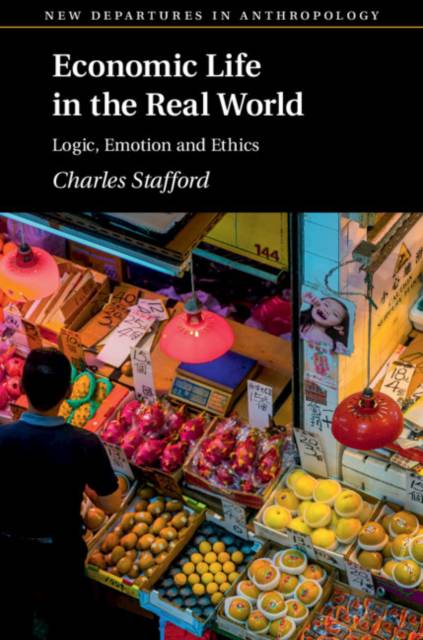
- Afhalen na 1 uur in een winkel met voorraad
- Gratis thuislevering in België vanaf € 30
- Ruim aanbod met 7 miljoen producten
- Afhalen na 1 uur in een winkel met voorraad
- Gratis thuislevering in België vanaf € 30
- Ruim aanbod met 7 miljoen producten
Zoeken
€ 136,95
+ 273 punten
Uitvoering
Omschrijving
This clearly written and engaging book brings together anthropology, psychology and economics to show how these three human science disciplines address fundamental questions related to the psychology of economic life in human societies - questions that matter for people from every society and every background. Based around vivid examples drawn from field research in China and Taiwan, the author encourages anthropologists to take the psychological dimensions of economic life more seriously, but also invites psychologists and economists to pay much more attention than they currently do to cultural and historical variables. In the end, this intrinsically radical book challenges us to step away from disciplinary assumptions and to reflect more deeply on what really matters to us in our collective social and economic life.
Specificaties
Betrokkenen
- Auteur(s):
- Uitgeverij:
Inhoud
- Aantal bladzijden:
- 210
- Taal:
- Engels
- Reeks:
Eigenschappen
- Productcode (EAN):
- 9781108483216
- Verschijningsdatum:
- 13/02/2020
- Uitvoering:
- Hardcover
- Formaat:
- Genaaid
- Afmetingen:
- 157 mm x 231 mm
- Gewicht:
- 408 g

Alleen bij Standaard Boekhandel
+ 273 punten op je klantenkaart van Standaard Boekhandel
Beoordelingen
We publiceren alleen reviews die voldoen aan de voorwaarden voor reviews. Bekijk onze voorwaarden voor reviews.











